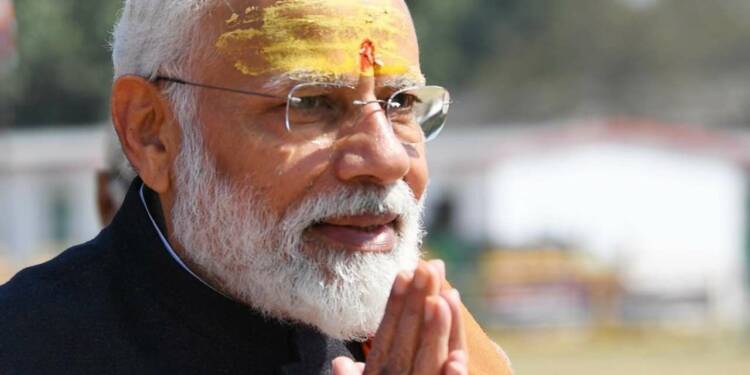The Ram Janmabhoomi verdict of November 2019, which was delivered by the Supreme Court was most definitely a victory for the majority community of India, but it was not one after which Hindus would retire into a comfortable corner and lament the illegal occupation of their various places of worship. It provided Hindus with an opportunity to at least reclaim two other pivots of their culture, which are commonly referred to as the Kashi-Mathura duo.
Now, Delhi BJP leader and senior advocate, Ashwini Upadhyay has filed a PIL challenging the Constitutional validity of the Places of Worship (Special Provisions) Act, 1991 which mandates that the nature of all places of worship, except the one in Ayodhya that was then under litigation, shall be maintained as it was on August 15, 1947, and that no encroachment of any such place prior to the date can be challenged in courts, according to the Indian Express.
A Supreme Court bench, headed by Chief Justice S.A. Bobde agreed to examine the validity of the Places of Worship Act and sought the Centre’s response to the same. The Modi government’s response to the plea is fundamental to whether Hindus will be able to reclaim their temples in Kashi and Mathura or not. As a government that at the core is a ‘Hindu nationalist’ one, the onus lies on it to ensure that the discriminatory act is junked as soon as possible, so as to ensure a wave of cultural reclamation is initiated in the country.
Without help from the Modi government, it would be nearly impossible for the country to get rid of the Places of Worship Act, 1991. Although the government also has the option of trashing the legislation via a parliamentary move, the same being done by the Supreme Court would be perceived as much fairer. As such, the Modi government must make it a point to ensure that it opposes the Constitutional validity of the draconian act, which has for years deprived Hindus of reclaiming what is rightfully theirs.
Although the Ram Janmabhoomi dispute had been exempted from the provisions of the act, the legislation effectively acts as a bar upon determination of all other such disputes across the country. In the present context, this implies that even after a verdict in the Ram Janmabhoomi case, it will not be possible to bring similar property disputes before the Courts in order to restore the original status of innumerable temples, many of them being prominent ones, that bore the brunt of the Islamic invasion and were in a number of cases converted into Mosques.
Not only is this unfair, but is also unconstitutional. The Act prohibits Hindus from judicial recourse – a facet fundamental to Indian democracy. Although Chief Justice Bobde retires next month, which will lead to a reconstitution of the bench hearing the matter, the Modi government must eventually make its stand clear on the Places of Worship Act, 1991. All eyes are currently on it, watching as the government decides on the sensitive issue of supporting or opposing the Act, which as a consequence will translate into the Centre supporting or opposing the Hindu cause of reclamation and revivalism.
In the absence of government opposition to the said act, the road for Hindu reclamation seems bleak. In any case, the Supreme Court Ram Janmabhoomi verdict had observed that the 1991 piece of legislation was fundamental to India’s ‘secular’ ethos. “The law is…a legislative instrument designed to protect the secular features of the Indian polity, which is one of the basic features of the Constitution…is a legislative intervention which preserves non-retrogression as an essential feature of our secular values,” the SC had said in its 2019 verdict.
The fresh plea by Upadhyay states that the Centre (PV Narasimha Rao’s government) by its action “has created arbitrary irrational retrospective cut-off date” and “has barred the remedies against illegal encroachment on the places of worship and pilgrimages and now Hindus, Jains, Buddhists, Sikhs cannot file suit or approach High Court under Article 226. Therefore, they won’t be able to restore their places of worship and pilgrimage including temples-endowments in the spirit of Articles 25-26 and the illegal barbarian act of invaders will continue in perpetuity”. The ball, as is said, is now firmly in the Modi government’s court.
